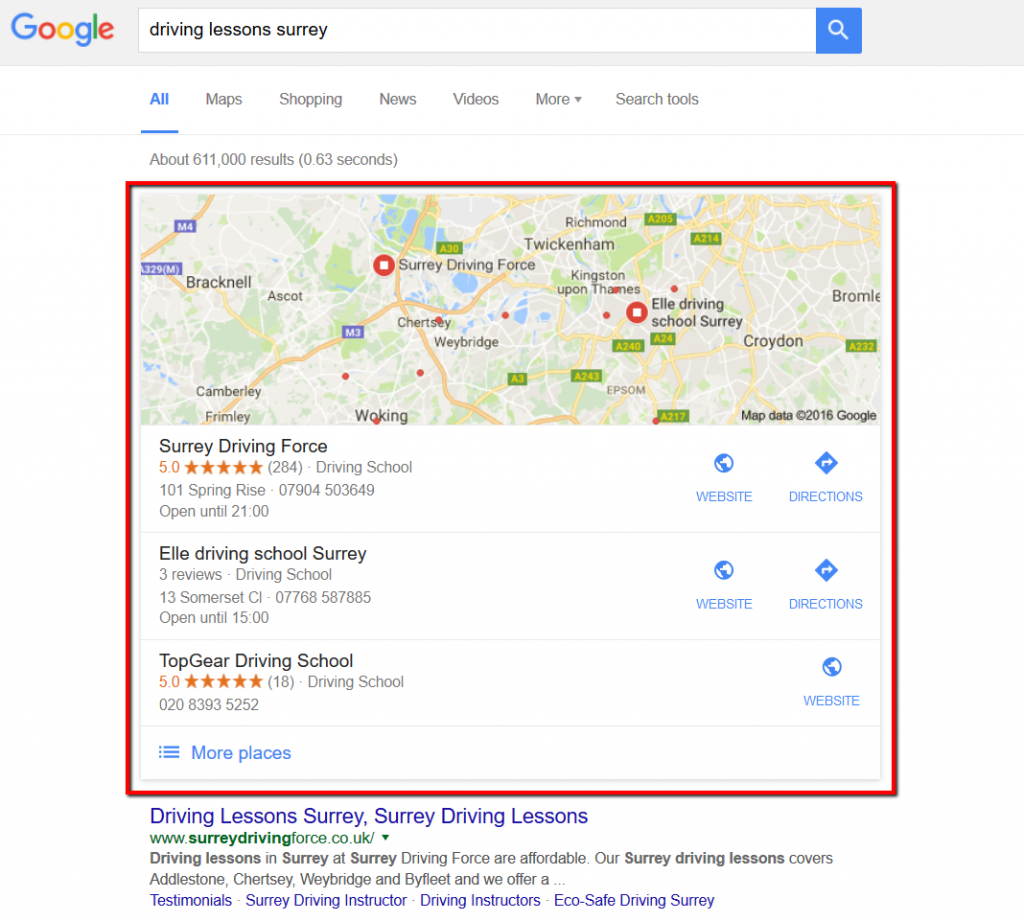Viva la Revolution
Is your business benefiting from the Social Media revolution? Such is the influence of Social Media channels such as Facebook, Twitter and Instagram, communicating with new and existing customers has never been easier.
72 percent of small businesses find that going social boosts website traffic*
Whether you are hoping to engagement with customers, establish and ultimately enhance your brand, increase traffic to your website, create a buzz about your products/services or simply increase sales conversions, social media can help.
What Is Social Media Marketing?
Social Media marketing is a highly effective marketing tool which allows almost unlimited levels of communication. When used correctly, there is very little Social Media cannot be used to help you to achieve.
Content creation, strategic promotions, relevant graphic design and image sourcing, Facebook pay per click, and much more are all options for getting your brand not just out there and heard but even more importantly, understood as well.

Powerful Marketing Medium
Data from the VisionCritical study shows that 25% Facebook and 34% of Twitter users reported buying tech tools or electronic devices after seeing recommendations or shares via these specific social networks. With power like this question moves from asking whether you can afford to try social media marketing to can you afford not to?
The Social Media Marketing packages available from Footprint Web Design offer a number of benefits to small businesses including:
- Increasing Web Traffic
- Enhancing Your Brand
- Boosting SEO Efforts
Who Are We?
We are a team of skilled, knowledgeable and enthusiastic SEO experts who offer a combined level of experiences and expertise enabling us to deliver truly original and powerful work to our clients.
We work towards results: we find out what it is you want to achieve and work to create an advertising campaign, a website, a social media strategy, or all of those things combined in a way that will be truly effective.
How Can We Help?
Our expert guidance regarding all aspects of Social Media marketing will allow you to utilise the very latest technology to capture and engage your target audience.
Whilst there can be no denying the potential of Social Media marketing, we understand that trying to fit another task into your already busy day is more than likely going to be a step too far.
What we at Footprint Web Design do is help release the pressure by relieving you of the burden of this task whilst offering consistent expert advice and guidance throughout your campaign.
Regardless of whether you would like an on-going service or a one-off boost to get you going we will fully assess your business, understand your goals, and put together a strategy that will make it all happen.
- Audience Bloom: How To Determine Which Social Media Network Fits Your Business
- Social Media Examiner: Small Businesses Benefit Most From Social Media*
If you’d like to speak to us regarding any of our services, give us a call on 01883 372488. Alternatively, contact us via Facebook and we’ll be happy to talk you through your options.
Currently Browsing: Viva la Revolution
Making The Most of Your Blog – 3 Top Tips
Your onsite blog can play a key role in drawing customers to your website. However, it is an unfortunate fact that many blogs are not correctly optimised for use and are therefore unlikely to fulfil their potential.
Key Blogging Benefits
Don’t underestimate just how powerful a tool your blog can be. Some of the benefits include:
- Creating brand awareness
- Demonstrating industry expertise
- Engaging your potential customer base
- Generating leads.
- + many more
The good news though is that implementing just a few ideas can make all the difference in regards to usability and below we have highlighted 3 tips to help you along the way.

No. 1 – Choosing The Right Category
Categories are a key component of any blog. Along with ensuring identifying and accessing archived content becoming much easier, the use of categories for your content also helps to classify and silo your content into topically themed pages.
Please Note – It is important to ensure that you limit the number of categories your blog utilises. It can be all too easy to misuse categories, with a common mistake being the creation of a new category for each post that is added. For any small to medium sized blogs, somewhere from 10 to 15 categories are likely to be all that is needed.
No. 2 – Choosing ‘Catchy’ Titles
The vast majority of bloggers are well versed in the importance of targeting relevant keywords in their efforts to get their blog noticed. Whilst including keywords and keyword variations in your copy is good practice, don’t stop there! Varying the title of the blog post and the title tag element is another crucial step in helping to enhance the effectiveness of your blog.
Failure to do this will not negatively impact SEO but by taking the steps needed to vary your article title and title tag and working in alternative keywords, your content will be able to work even harder for you.
Top Tip – The more keyword variations in your content, the more opportunities your content has to rank in more searches.
There are a number of SEO plugins that allow you to vary post title and title tag, but our personal favourite is the free – WordPress SEO Plugin
No. 3 – Make It Easier To Share
The additional of social sharing buttons is a proven prompt for people to share content resulting in the improved distribution of your content via social channels. This can also help to expose your content to new audiences.
From an effectiveness perspective, the more people that share your content, the greater the chances of getting mentions and all important back links. Also sharing helps your content get discovered faster; and the quicker it’s found, the sooner it shows up in the index.
Shareaholic is our favourite social sharing plugin for WordPress and can be easily installed.

Further Information
If you’d like to speak to use regarding how we can help you to use web design to grow your company, give us a call on 01883 372488 or contact us via Facebook and we’ll be happy to talk you through your options.
Currently Browsing: Making The Most of Your Blog – 3 Top Tips
The Top 3 Reasons Why Your Business MUST Have a Website
Do you search online when looking for products or services? With so many people now turning to online searches when looking for assistance, the time to ensure that your business has a presence on the internet is now.
There are still a surprising number of small businesses without a website to showcase their products/services. Whether this is because of concerns regarding expensive set-up costs or time consuming maintenance is a bit of a mystery but the truth is, if your business does not have a website, you are missing out!
Below, we have identified 3 of the main reasons why you small business MUST have a website.
No. 1 – Reaching Your Local Audience
There are a variety of facts and figures which highlight that an increasing number of customers are searching for locally based products and services on at least a monthly basis.
Without the presence of a well optimised website, you are missing out on a huge amount of potential business. Even worse, not only are you not in a position to capitalise on these searches, there is every chance that your competitors will be.

No. 2 – Long Term Marketing Solutions
Websites offer a form of marketing that just keeps on giving. As opposed to alternative forms of advertising such as flyers, newspaper ads, radio ads etc, which need a little too much luck to be effective, websites are designed to be accessible at a time when your customers actually need your services.
Providing 24/7 access to your products and services in a convenient fashion simply could not be more effective.

No. 3 – The Ideal Shop Window For Crucial Information
Even if you do not wish to sell any products online, your website still offers the ideal platform to showcase all of the important pieces of information about your business.
Your website can be tailored to provide your customers with quick and easy access to an array of information including contact details, images, directions, FAQ, terms and conditions along with much more.

Further Information
If you’d like to speak to use regarding how we can help you to use web design to grow your company, give us a call on 01883 372488 or contact us via Facebook and we’ll be happy to talk you through your options.


